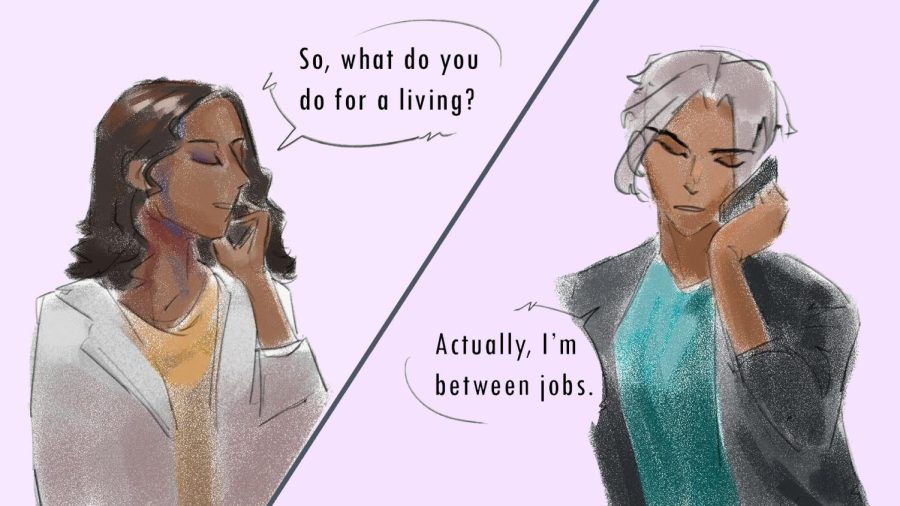Words shape our reality. The way we describe something is often as, or more, important than the thing itself. For example, one person’s part-time prison for children is another person’s daycare center, and one person’s foul-smelling vomit dispensary is another person’s school cafeteria.
These and other such creative descriptions are known as euphemisms — milder forms of words or expressions that are deemed to be overly blunt or offensive. Though most people don’t ever pay notice, euphemisms are highly prevalent in everyday speech: Where once some unfortunate souls were disabled, now they’re just “differently abled.” Where once there were old people, now there are senior citizens. Where once people just died, now they pass away.
In a conversation, none of these phrases would feel out of place. They have become completely normalized, along with a slew of others that would take several pages to exhaustively list. Though euphemisms seem perfectly harmless and inoffensive, they encourage a soft denial of reality that long ago became a staple of American culture. The world is scary and confusing, and with the luxuries afforded to those in developed countries, hiding from reality is often easier than facing it head-on. In so doing, concepts that make people uncomfortable (disability, aging, death, etc.) need to be wrapped in ever more lengthy and convoluted linguistic evasions — and this trend goes far beyond mere pleasantries.
Most passenger airplanes are divided into three travel classes: first, business, and economy. To the undiscerning eye, none of these sound much worse or different from any of the others. Though first class is clearly the best, it’s not at all obvious why business should be any worse, even though it should really just be called second class, and economy should be called third class. The vast majority of passengers who can’t afford better tickets don’t enjoy thinking of themselves as the third class, and so have happily embraced the euphemistic “economy.” First class, meanwhile, can remain with that name, because it allows those in it to feel good about themselves, and allows those who aren’t to dream about one day achieving it.
Over the past few decades, America’s poor and hungry have disappeared, along with the slums where they lived. They’ve been replaced by the economically underprivileged and food insecure, who inhabit the public housing district. Many of these individuals become “justice-involved” at some point in their lives, and some become the victims of “officer-involved shootings.” It’s hard to look away from an unarmed man being murdered by a power-tripping police officer, but it becomes much easier when instead, a formerly justice-involved person dies as a result of an officer-involved shooting. It’s hard to justify sending a non-violent prisoner into solitary confinement, but it’s much easier to put a convicted felon inside a restrictive housing unit. It’s hard to ignore armed riot police using tear gas to break up a peaceful protest, but it’s easy to not only ignore but support local law enforcement using non-lethal means to end a public disturbance.
It is at the intersection of American anxieties and bureaucratic jargon that the most pernicious euphemisms come about. These are the words and phrases that not only allow people to lie to themselves but also allow entire societies to turn a blind eye to horrific travesties of justice. There is no greater tool for shaping human perceptions than language, so when language changes, people’s perceptions of the world change too. A clever enough twist or turn of phrasing can completely reshape a concept or idea.
To see the world clearly, it is best that things are described as what they are. Disability is disability, aging is aging, and death is death. If something makes people uncomfortable, the best way to deal with it is to accept it for what it is and treat it accordingly. Real problems can’t be swept under the rug of language forever, and like infections, leaving them untreated only ever makes them worse.


